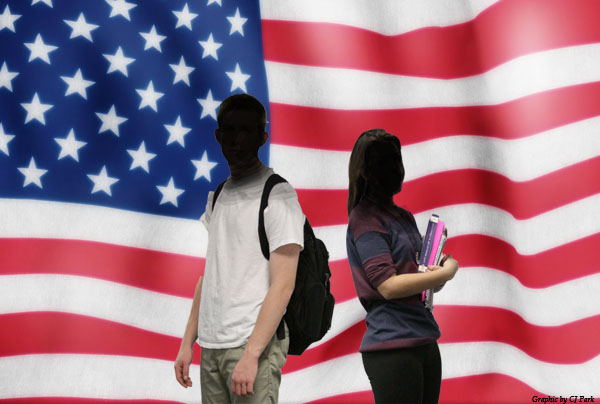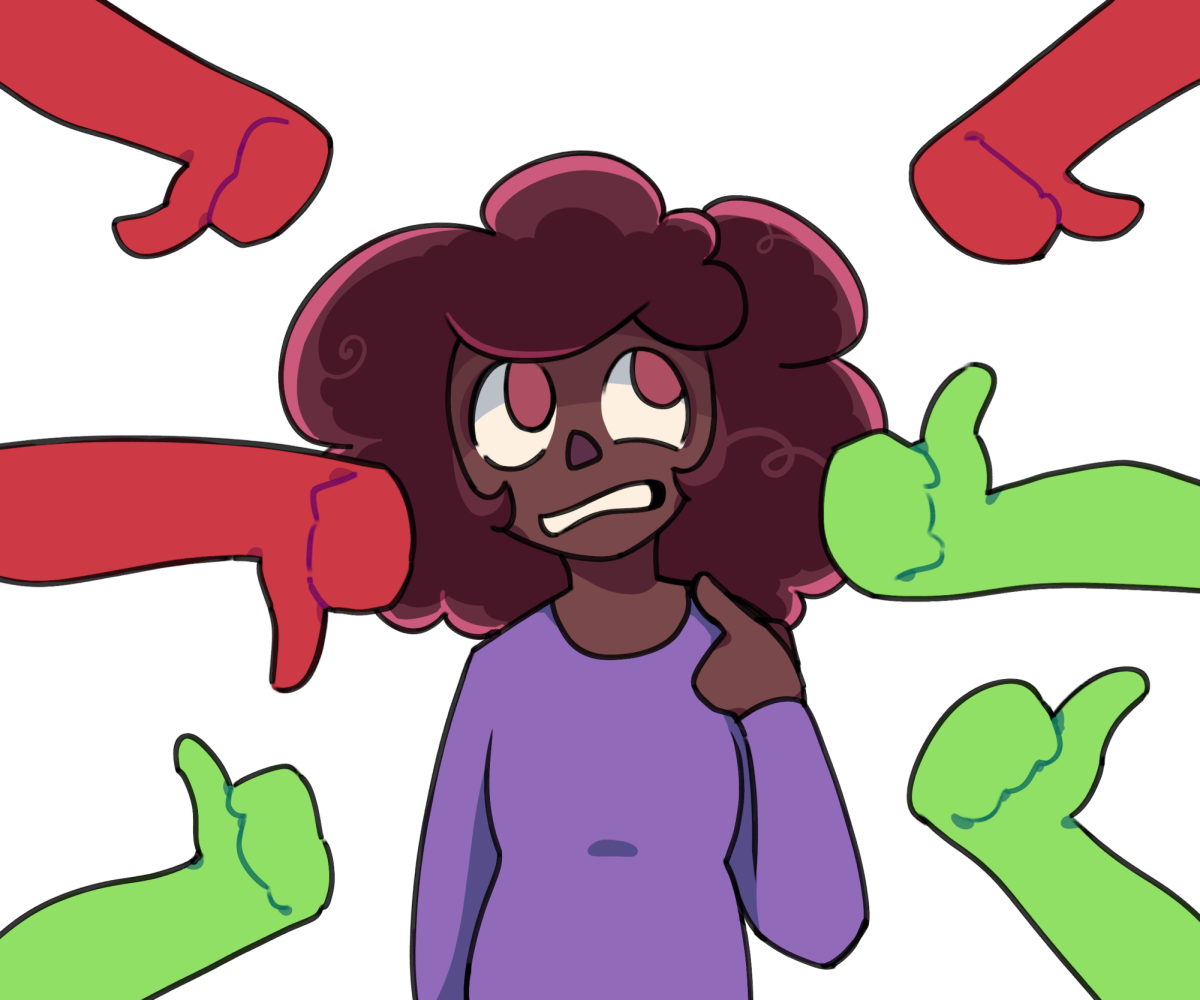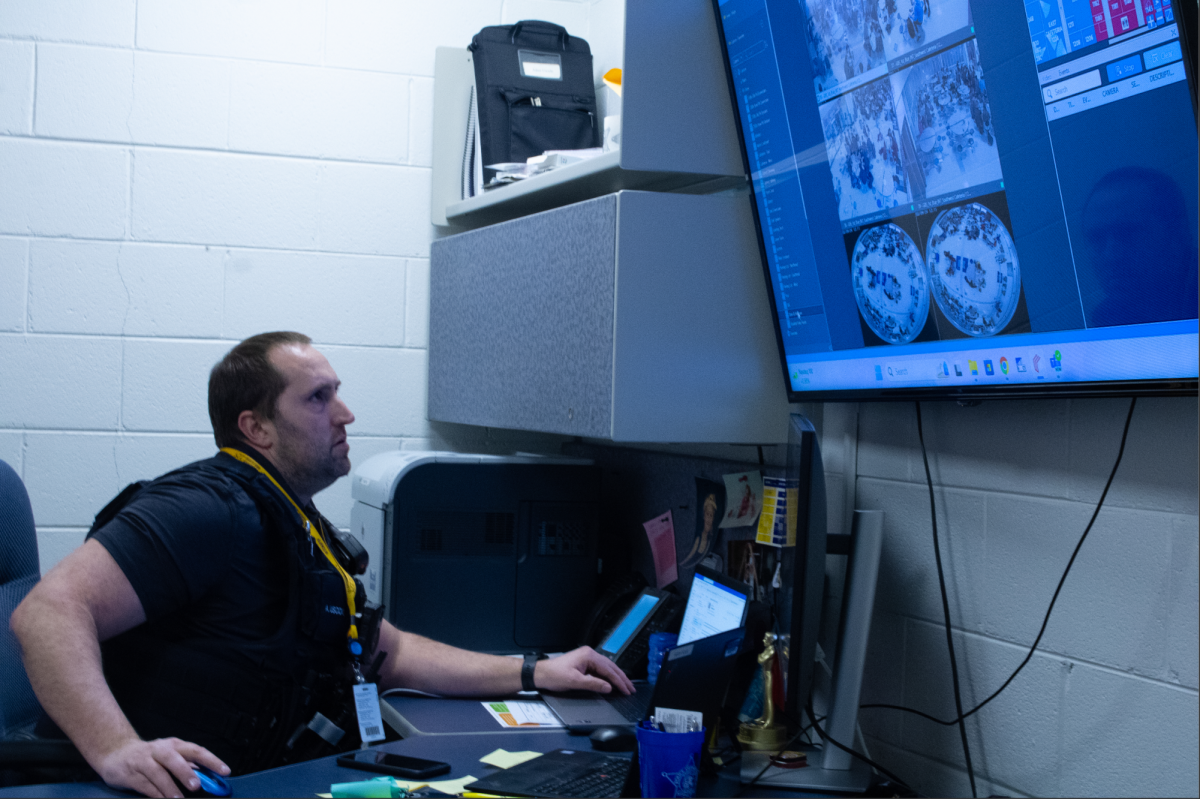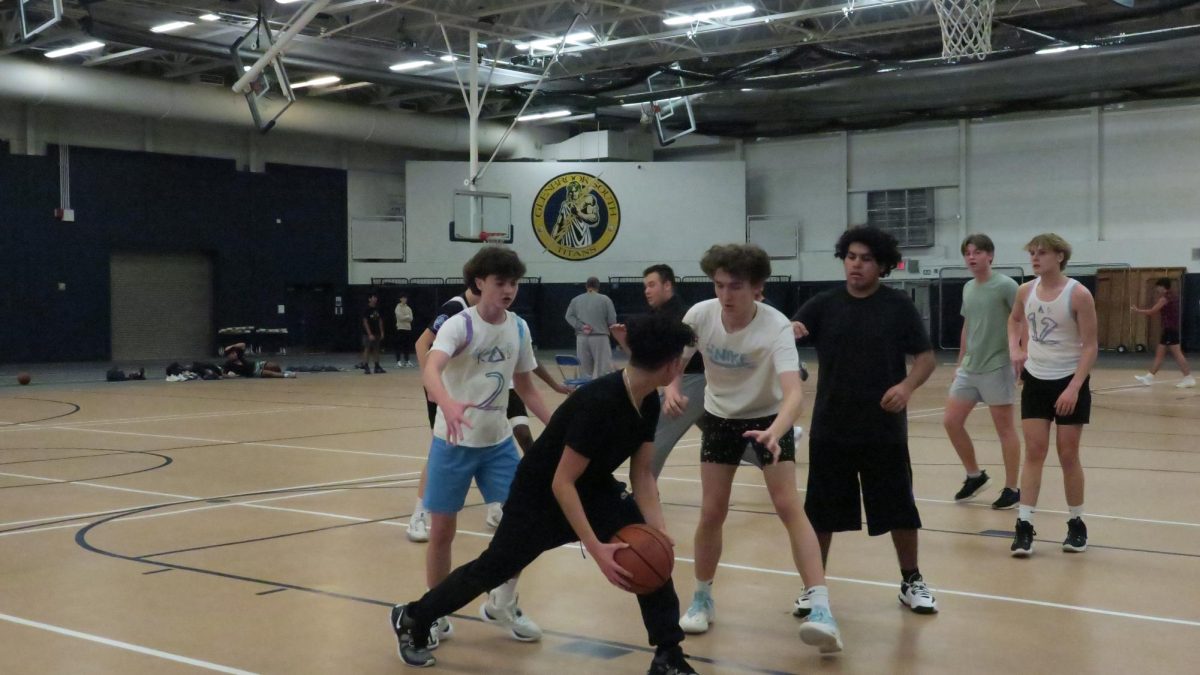America is nicknamed the “Melting Pot” because immigrants from all over the world live in the United States. The decision to leave one’s homeland and move to a new country where the customs and culture are vastly different is not an easy one; however, when a family is unable to find work or provide education for its children, immigration may be the best option – even if it’s illegal.
Any person who enters the United States without permission from the government or stays in the United States with an expired visa is considered “undocumented,” according to ELL Coordinator Karen LeBlanc.
According to South registrar Claudia Bailey, the school does not know how many students are undocumented.
“The No Child Left Behind law states that [a school is] not supposed to hold a child responsible for what their parents do, so I’m not supposed to ask their immigration status,” Bailey said.
The Illinois Coalition for Immigrant and Refugee Rights (ICIRR) states that under the Plyler vs. Doe Supreme Court ruling, all students are entitled to a free, public educationfrom kindergarten to the 12th grade – attending college is not quite as easy.
“A lot of colleges look for your immigration status because they’re private,” Bailey said. “They may need what’s called an I-20, which is an F1 visa to go to school.”
While private colleges may look for immigration statuses, students can still attend other colleges.
“Illinois is one of the few states that allows students to attend college whether they’re documented or not,” guidance counselor Socorro Rogers said. “The only difference is that they don’t qualify for financial aid and sometimes for students, that becomes discouraging.”
Senior Jake Davis* came to the United States from Mexico alone around three years ago in the hope of a better life for his family and himself.
“I am here because I have a better life and I am able to give my family a better life,” Davis said. “But the fact [that you’re] living by yourself, is kind of sad, because you miss your family. The sad part is that I have a brother [who] was born two years ago, and I have not met him.”
Davis takes some risks as an undocumented citizen but is not concerned about being deported.
“Something that I am not afraid of is [being sent] back, because I will go where I came from, and I will come back [to the US] again,” Davis said. “But that is very expensive, it costs about $5,000 to come back. The bad thing is that when you leave your country, you do not know if you will go back—some people die on the way.”
Senior Richard Jones* crossed the border illegally from Mexico three years ago, running into a forest to escape border police.
“[First] I had to find a fake ID and social security number,” Jones said. “I’m scared that the police will stop me and try to deport me back to Mexico. In the future, I can’t get any scholarship to go to college.”
According to Rogers, the only way for them to become documented is to return to their home country and go through its process to return to the U.S.
“Most poor immigrants that come to the country aren’t going to go back, sit in line and wait to get a visa–a workers visa or student’s visa-only to come here,” Rogers said.
However, the “Dream Act”, which was devised 10 years ago, holds hope for undocumented students if passed, according to Rogers.
“The intent [of the “Dream Act”] was to help students who came here with their parents, against their will obviously, and were raised predominantly here and educated here, to have the opportunity that native born citizens have,” Rogers said.
The “Dream Act”, however, would only work for students who came here in 2007 or after, according to Rogers.
According to the ICIRR, if Immigrations Customs Enforcement catches undocumented students, they will not deport them if they meet deferred action requirements.
Deferred action protects undocumented citizens from deportation, lasts for two years and is renewable, but is not a pathway to citizenship or a green card, according to the ICIRR.
For more information on immigration rights and updates on the “Dream Act”, visit icirr.org or call 1-855-HELP-MY-FAMILY.
*Names have been changed














